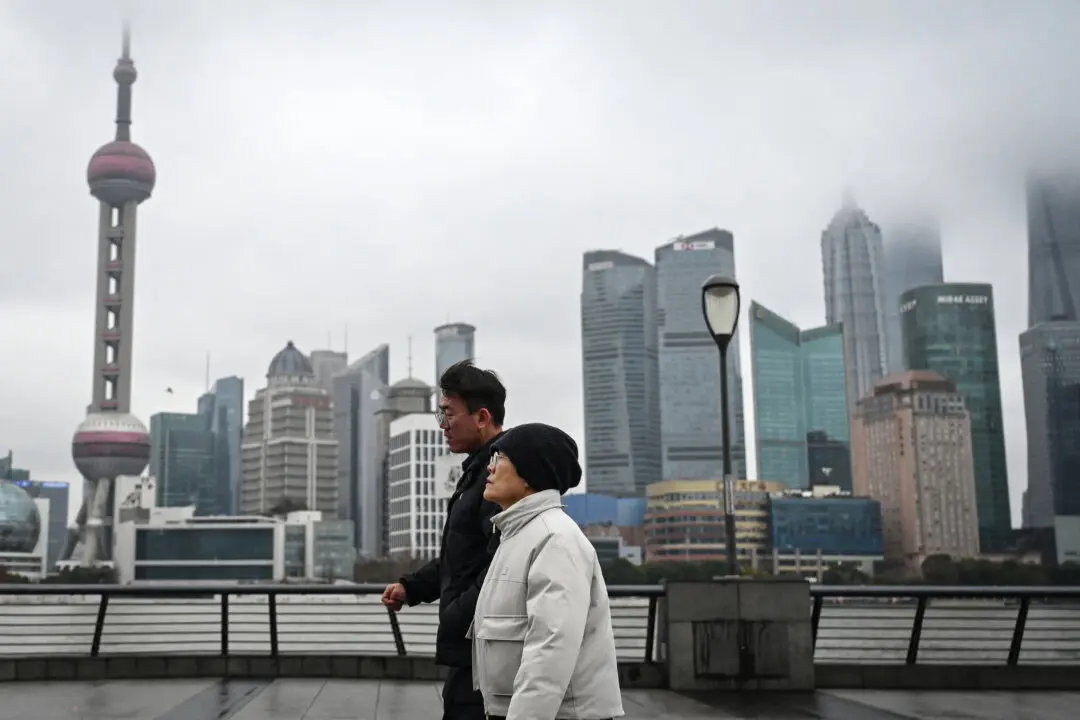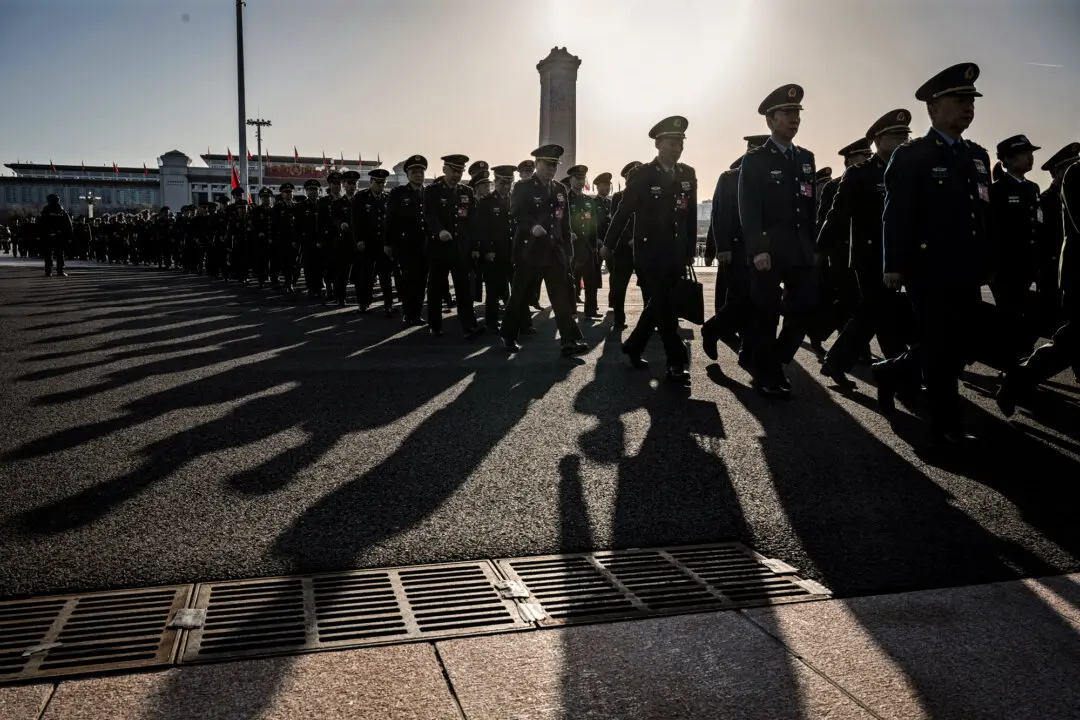U.S. Treasury Secretary Janet Yellen said on June 20 that the United States’ improved relations with Vietnam don’t require Vietnam to sever ties with China or Russia.
Ms. Yellen spoke after Russian President Vladimir Putin arrived in Hanoi, Vietnam, on June 19 for a two-day state visit. Mr. Putin met with the communist state’s president, To Lam, and communist party leader Nguyen Phu Trong. The two countries signed 11 agreements on issues that ranged from oil and gas to nuclear science.




